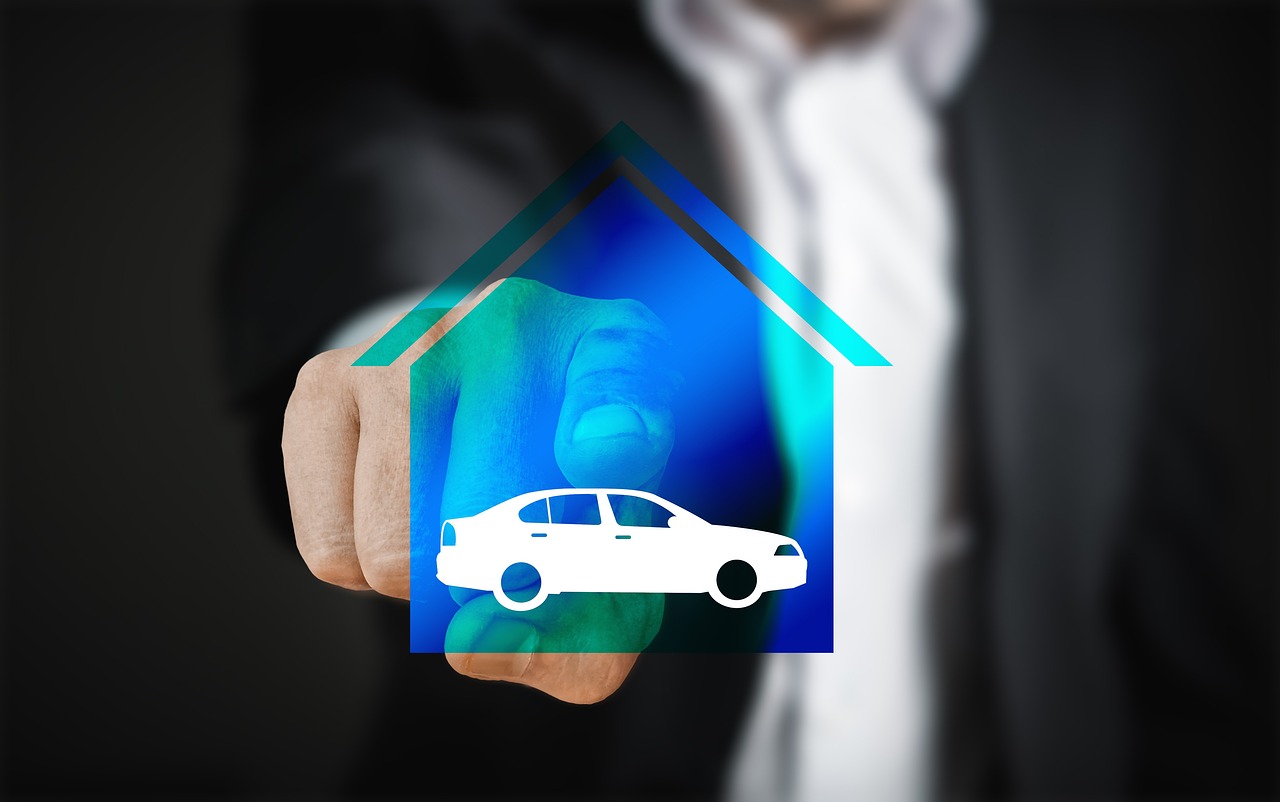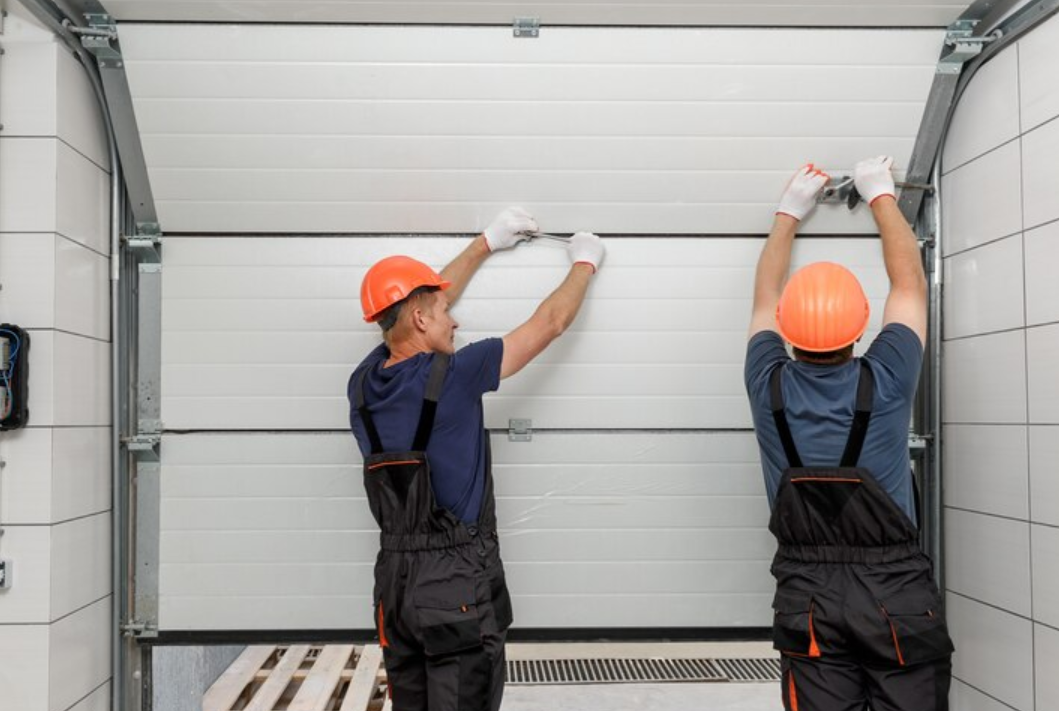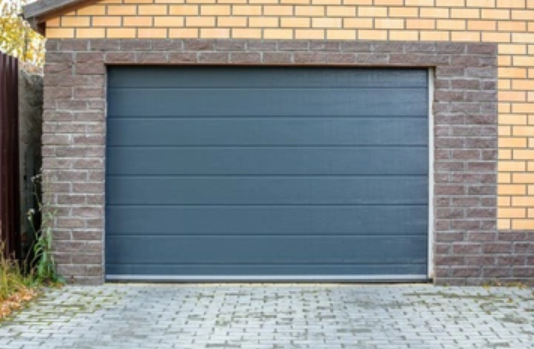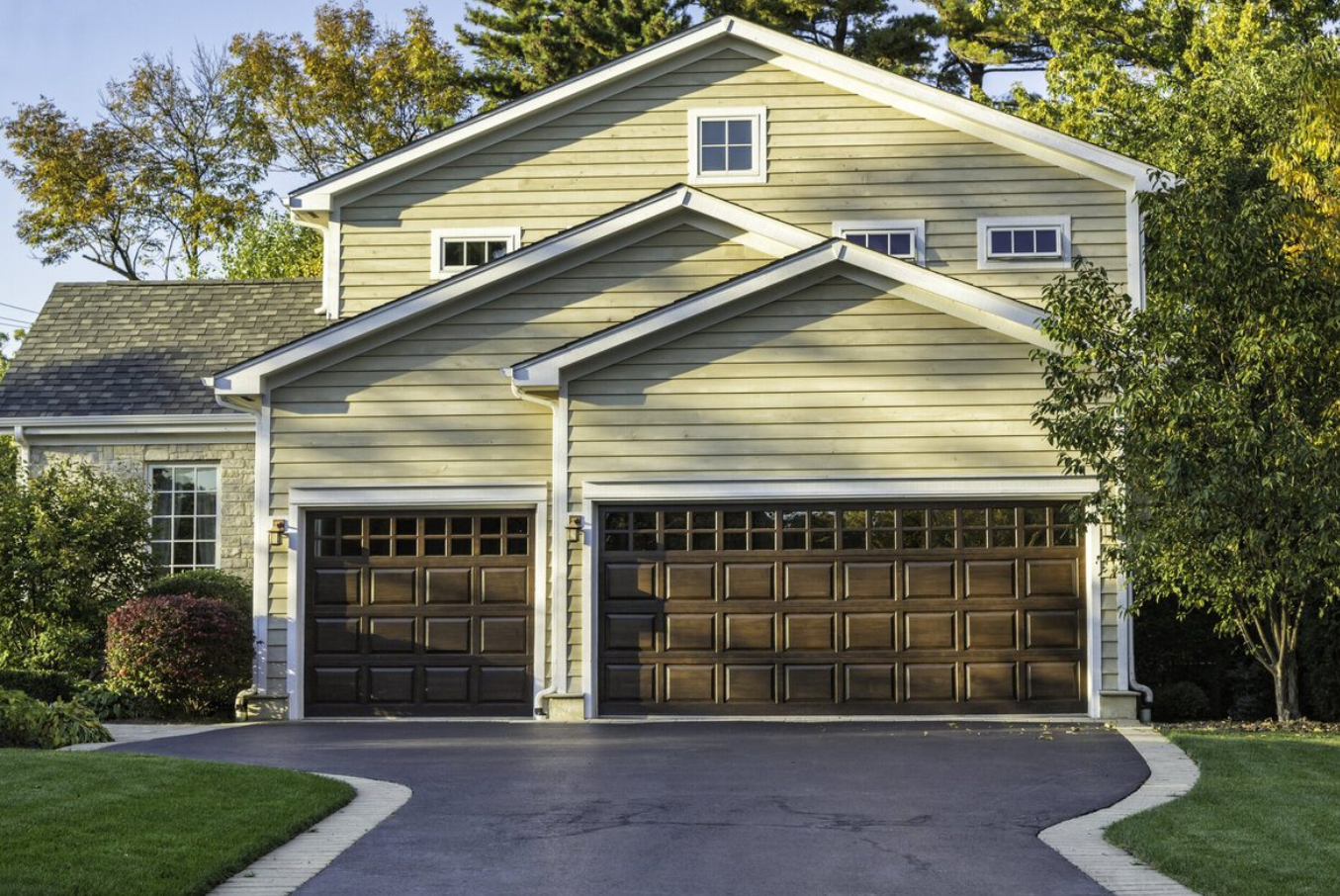A garage door is more than just an entryway to your home. It’s a vital component of your property that provides security, insulation, and aesthetics. Over time, garage doors can wear down and become damaged, prompting the question: Is it really worth replacing a garage door?
There are times when it might be better to replace a garage door, rather than repair it. For example, if the existing door has become damaged beyond repair, or if you want to install a new type of door that requires special tools. In these situations, it may be cheaper to replace the entire door than try to fix it.
Signs That Indicate a Need for Garage Door Replacement:
If your garage door is showing signs of wear and tear, it may be time to replace it. Here are some potential signs to look out for:
- Age of the garage door
- Damage to the garage door
- Frequent breakdowns and repairs
- Obsolete or outdated technology
Age of the garage door: If your garage door is more than 15 years old, it may be time to replace it. Older garage doors are more prone to breakdowns and may lack the latest technology for improved security and insulation.
Damage to the garage door: If your garage door has dents, cracks, or other signs of physical damage, it may be time to replace it. Damage can compromise the integrity of the door and make it less secure.
Frequent breakdowns and repairs: If you’re constantly having to call for repairs on your garage door, it may be more cost-effective to replace it. Frequent breakdowns can indicate that the door is reaching the end of its lifespan.
Obsolete or outdated technology: If your garage door lacks the latest technology, such as Wi-Fi connectivity or smart home integration, it may be time to replace it. Upgrading to a modern garage door can improve security and convenience.
Benefits of Replacing a Garage Door
Replacing a garage door can provide a number of benefits for homeowners, including:
Improved curb appeal: A new garage door can enhance the appearance of your home and boost its curb appeal.
Increased home value: A new garage door can increase the resale value of your home, making it a worthwhile investment.
Enhanced energy efficiency: Newer garage doors are more energy-efficient, providing better insulation and reducing heating and cooling costs.
Enhanced security and safety: Modern garage doors come with advanced security features, such as motion sensors and automatic locks, to improve safety and prevent break-ins.
Cost of Garage Door Replacement
The cost of garage door replacement can vary depending on a number of factors, including the size of the door, the materials used, and the complexity of the installation process. On average, garage door replacement can cost between $500 and $1,500. While this may seem like a steep price, it’s important to consider the long-term benefits and savings that come with a new garage door. In some cases, repairing an older garage door may actually end up costing more in the long run.
Choosing the Right Garage Door Replacement
Choosing the right garage door replacement is crucial for maximizing the benefits of your investment. Here are some factors to consider:
Material: Garage doors can be made from a variety of materials, including steel, wood, and aluminum. Each material has its own pros and cons in terms of durability, maintenance, and aesthetics.
Style: Garage doors come in a range of styles, from classic to modern. Choose a style that complements the architecture of your home and enhances its overall appearance.
Professional installation: Unless you have experience in garage door installation, it’s best to hire a professional for the job. Professional installation can ensure that the door is installed safely and correctly, preventing future breakdowns and damage.
DIY vs. Professional Garage Door Replacement
While it may be tempting to save money by doing the garage door replacement yourself, there are some risks to consider. A garage door is a complex piece of machinery that requires precise installation and adjustment to function properly. Without the proper tools, knowledge, and experience, attempting a DIY garage door replacement can result in costly mistakes and safety hazards.
Professional garage door replacement offers a number of benefits over a DIY approach. First and foremost, professional installation ensures that the door is installed correctly and safely. A professional installer has the necessary tools, training, and experience to properly install and adjust the door, ensuring that it operates smoothly and efficiently.
Additionally, a professional installation often comes with a warranty or guarantee, which provides peace of mind and protection against future issues. If any problems arise with the door or installation, a professional installer will typically address them promptly and effectively.
While a DIY garage door replacement may seem like a cost-effective option, it can end up costing more in the long run if mistakes are made or the door is not installed properly. It’s important to weigh the potential savings against the potential risks and benefits of professional installation before making a decision.
Common Questions:
What is the average life of a garage door?
A garage door lasts about 10 years. Most homeowners choose to replace their garage door every 10 years.
How much does it cost to replace a garage door?
Replacing a garage door costs anywhere from $500-$1000 depending on the size of the door. The cost may go higher depending on the type of garage door.
Can I get a discount if I purchase a new garage door?
Yes, most manufacturers offer discounts on replacement garage doors.
How do I know if my garage door needs to be replaced?
Garage doors typically last between 10-15 years. If yours seems worn out, it may be time for a new one.
Conclusion
A garage door replacement can be an expensive investment, but it can provide various benefits in terms of beauty, functionality, and energy efficiency. While making a choice, consider the expenses, potential benefits, and risks of both DIY and professional installation.
Finally, factors such as skill level, budget, and personal preference will also influence the decision. Whichever option you choose, it’s critical to hire a respected installer or take the required precautions to ensure a safe and successful installation.





